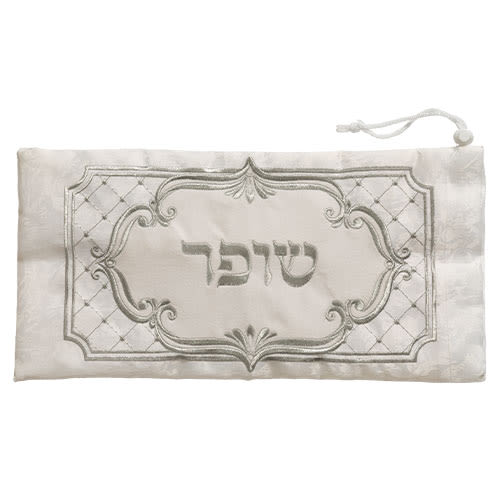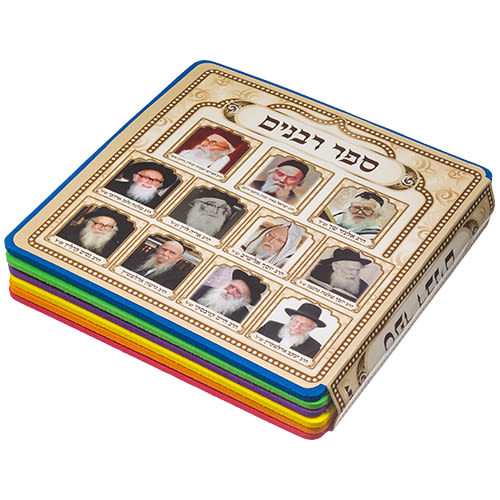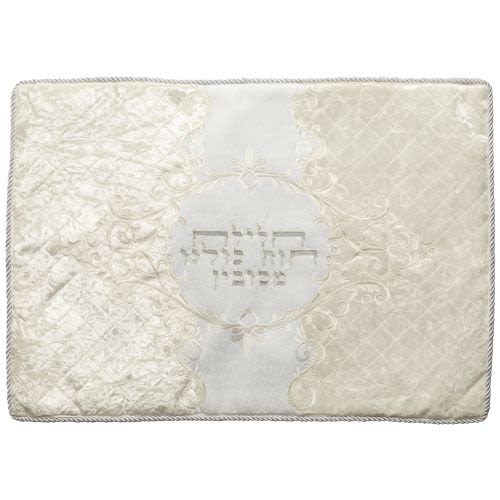
The Illusion of This World
Most stories of Tzaddikim have a happy ending. The person gets well, becomes rich… Our Rebbe Nachman spoke about the times when it didn’t work out so rosy…

Translated by Aaron Yoseph
We’ll learn today how the Rebbe related to the material world – to “success in this world”, to what all of us dream about; to have no worries or troubles in this world – to live the good life – to have a nice apartment, plenty in the bank, a nice garden. A good organized life. So too in spirituality – to have a place of standing, maybe not so spiritual, but…
In truth, such mundane aspirations constitute the destruction of the Beis HaMikdash, and the destruction of life. That’s why Rebbe Nachman spoke about it many times. The Rebbe told us many times about the suffering of this world. Most Rebbes didn’t like to talk about this. Most stories of Tsaddikim have a happy ending. The person gets well, becomes rich… Our Rebbe Nachman spoke about the times when it didn’t work out so rosy. People have debts, they feel ill, they don’t have friends, and don’t succeed as they’d hoped they would. There are things that they need or want that they don’t have. Perhaps a person isn’t aroused to serve Hashem, or to pray with intent. Many times a person doesn’t find his way. The Rebbe spoke about all this.
A person may sacrifice so much to become Chassidish, but then he doesn’t find friends, he doesn’t find himself a chevra (group). Each person thinks that only he suffers, but really everybody is suffering. People don’t have  a shul where they are comfortable. When a person goes through these things, he can become a heretic, G-d forbid – exactly what the Yetzer Hora wants.
a shul where they are comfortable. When a person goes through these things, he can become a heretic, G-d forbid – exactly what the Yetzer Hora wants.
Because a person is tested in this world with what pains him the most. Someone who loves money, doesn’t have as much as he wants – and it really hurts. Someone who needs a chevra – he has no friends. Another one is ill, another one can’t find his shidduch, another one can’t organize his learning.
The Rebbe told us how to cope with this – if you aren’t willing to bear a little bit – you’ll have to bear a lot. If you accept it with love, with simcha, with seeing the good, knowing that you still have hope, then it just passes. If you make a big deal of it, “How could this happen! I can’t take it! When will it end?” – it will get bigger and bigger.
Hashem is here today just as he was for Avraham, Yitzchak, and Yaakov. Hashem is alive and here now just as he was for the Forefathers. Just as He saved them, He can save us, and He wants to.
When we have this perspective, our sufferings take on a different form. Hashem knows exactly what we go through, and He hears our sighs and prayers. What He wants to see from us, “Are you going to turn to Me and come closer to Me through this? Make it into a sacrifice that you offer up to Me.” If we acknowledge and accept that it comes to us through Divine Providence and accept it lovingly, we transform it into a korban, a sacrifice for Hashem. This is our avodah – emunah. Emunah – “They believed in Hashem.” Avraham Avinu stood up in ten tests of emunah. The Rebbe wants to give us the strength to get through our tests. To cry out “Hashem is One,” in the midst of whatever we’re going through, and not let it throw us off course. This way we turn everything we go through into eternity, into something that brings us closer to Hashem.
This isn’t how Hashem wants it to be, though, because He is completely kind and loving. This is something that many people get confused about. We need to eat, we need a shidduch. Sometimes a person thinks, “Why should I pray to Hashem for this thing. If I don’t have it, maybe He just doesn’t want me to have it.” People get stuck with this question for forty years – I’ve seen it with my own eyes!
We don’t need to know the answer to this. All we need to know is that Hashem is here, and He is full of love and kindness – He wants us to have every good. When we are in pain, Hashem is in pain. He wants to give us kol tuv (all good).
The Rebbe reaches down to us in the prison we’re in. The balaganim, the illusions, the pulls of this world, the bitterness of the physical world, the spiritual bitterness – people not finding their place, the insults, the sense of despair. The Rebbe relates to all this, and teaches us how to transform it into spiritual growth. In short, if we’re willing to suffer a bit, then we won’t suffer a lot. This is the way it works.
People say that there is this world and the world to come. This world is where we need to do things and live, and there’s also the world to come which we need to prepare for, so we learn and daven. We believe in the world to come. The Rebbe says that, although people say that this world exists, that there is an Olam Hazeh, he doesn’t see it. As far as he can see, where we are living is Gehinnom, purgatory, because everyone here is so full of suffering all the time.
(Adapted from the “Gates of Emunah”)












Tell us what you think!
Thank you for your comment!
It will be published after approval by the Editor.